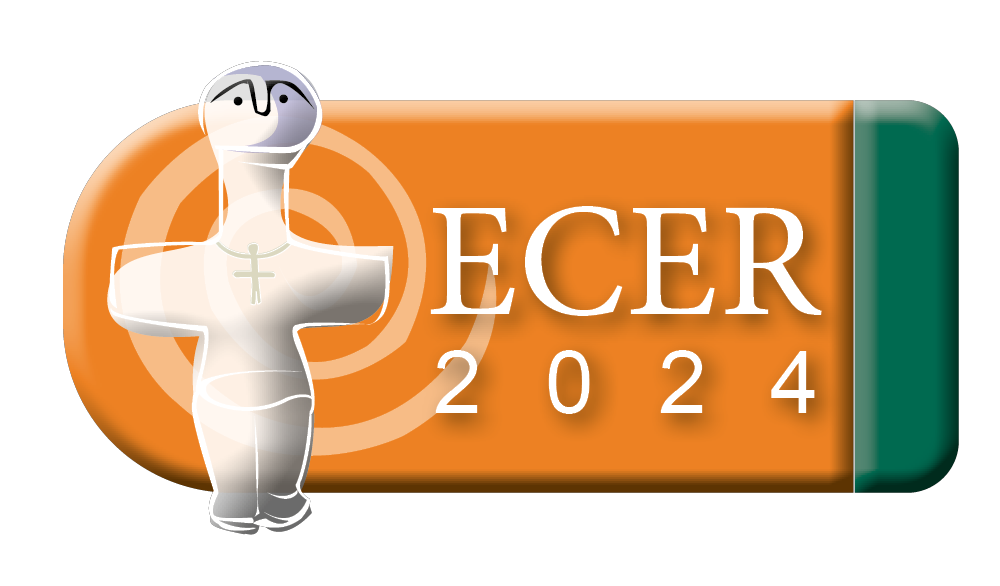Inquiring with data: Large-scale surveys and learning analytics in educational research and practice
Organisers:
- Dr. Michalis Michaelides
- Dr. Ioulia Televantou
Educational research is characterized by its embrace of diverse theories, methodological approaches, and data analysis techniques, enabling researchers to investigate a wide range of phenomena related to learning, teaching, and schooling. Large-scale surveys in education have been around since the early 20th century, providing data about students’ academic achievement and background characteristics, along with relevant information in different contexts (e.g., family, instructional, institutional) and levels of the educational system. As data became more complex and abundant due to the emergence of computer-based tools and technologies, such as computerized assessments, virtual learning environments, and learning management systems, new approaches have been developed to extract meaningful interpretations from the evidence gathered, for instance, Learning Analytics.
Learning Analytics research aims to enhance learning by processing information about students and their contexts within the learning environment. It typically involves gathering data on factors such as login frequency and time spent on online platforms to analyze student engagement, habits, and online social interactions. Statistical techniques such as clustering and prediction are then applied to derive insights from this data. Research with large-scale assessment and survey data often focuses on testing theoretical hypotheses regarding factors associated with academic achievement or on evaluating the effectiveness of educational policies through statistical modeling techniques such as structural equation and multilevel modelling. Additionally, it addresses measurement and methodological inquiries, such as investigating the properties of survey instruments or exploring the patterns of student responses to various question types.
While opportunities to gain deeper insights into student learning have increased with the accumulation of vast amounts of information over time, concerns about privacy and ethics have also arisen. For instance, statistical algorithms applied to make predictions are biased and serve to perpetuate already existing inequalities.
In this interactive session, two researchers based in Cyprus, Michalis Michaelides and Ioulia Televantou, discuss the potential of large-scale assessment surveys and learning analytics to inform educational research and practice. They draw on real-world examples from existing studies showcasing both the strengths and limitations of the two approaches in an empirical manner. With their presentation, they aspire to spur a discussion in the audience on the extent to which these methodological frameworks can be of use for the scope of their research.

Important Dates ECER 2024
01.12.2023 | Submission starts |
31.01.2024 | Submission ends |
01.04.2024 | Registration starts |
03.04.2024 | Review results announced |
15.05.2024 | Early bird ends |
26.06.2024 | Presentation times announced |
30.06.2024 | Registration Deadline for Presenters |
26.08.2024 | ERC First Day |
27.08.2024 | ECER First Day |
Hosting Organisation

Local Services Website
Our partners EasyConferences support EERA, the University of Cyprus and you as conference participant in all matters around:
- accommodation
- transport
- travel advice and visa information
- bookable social and side events.